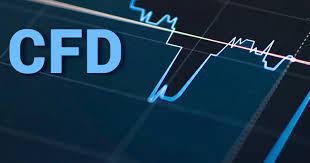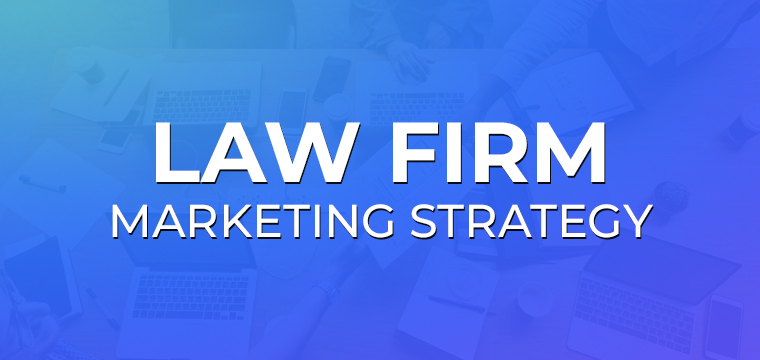CFD (Contracts for Difference) trading is rapidly growing due to its flexibility and profit potential. It offers traders the ability to speculate on the price movement of different financial assets without owning the underlying assets. However, with numerous CFD brokers to choose from in the market, it can be challenging for traders to know which one to select. In this comprehensive guide, we will look at what cfd broker are, what they offer, and how to choose the best one for your trading needs.
What are CFD Brokers?
CFD brokers are financial service providers that offer CFD trading and related services. They provide traders with a platform to speculate on price movements of different financial assets, including stocks, indices, cryptocurrencies, forex, commodities, and more. CFD brokers offer leverage, allowing traders to enter much larger positions than their trading capital would typically allow. Brokers generate income by charging spreads, commissions, and financing fees.
What do CFD Brokers Offer?
CFD brokers offer various services to facilitate trading, including a trading platform, trading tools, educational materials, and customer support. They have different types of trading platforms that vary in terms of features and trading tools available. Some brokers have proprietary platforms, while others have third-party platforms like MetaTrader 4 (MT4) and cTrader. Trading tools provided by CFD brokers include charting tools, technical analysis indicators, and automated trading software like Expert Advisors (EAs). Educational materials include webinars, online courses, trading guides, and trading signals. Customer support can be provided through phone, email, live chat, or ticket systems, and the availability and quality of support vary among brokers.
How to Choose a CFD Broker?
Choosing a CFD broker can be a daunting task, given the many options available in the market. Here are some factors to consider when selecting a CFD broker:
Trading Platform: Select a broker with a platform that meets your trading needs and preferences. Some traders prefer simple platforms, while others prefer advanced ones with many features and tools.
Instruments: Ensure that the broker offers CFDs on financial assets that you are interested in trading.
Fees: Compare spreads, commissions, and financing fees across different brokers to ensure you choose one with competitive rates.
Customer Support: Choose a broker that provides quality customer support through various communication channels.
Reputation: Look for a broker with a good reputation in the industry. You can check online reviews, ratings, and forums to assess a broker’s reputation.
Risks Associated with CFD Trading
CFD trading offers great profit potential, but it also carries significant risks. Some of the risks associated with CFD trading include:
Leverage Risk: Leverage amplifies gains and losses, making it possible to lose more than your initial investment.
Volatility Risk: Financial instruments like stocks and cryptocurrencies are volatile and can have sharp price movements that can cause significant losses.
Counterparty Risk: CFD brokers act as counterparties to trades, and there is a risk that the broker may fail to honor obligations or go bankrupt, leading to loss of funds.
Conclusion
CFD trading provides an excellent opportunity for traders looking to profit from price movements of different financial assets. However, it is essential to choose a reliable and reputable CFD broker that will provide a safe and secure trading environment. Always remember that CFD trading carries significant risks, and it is essential to have sound risk management strategies to minimize losses.



